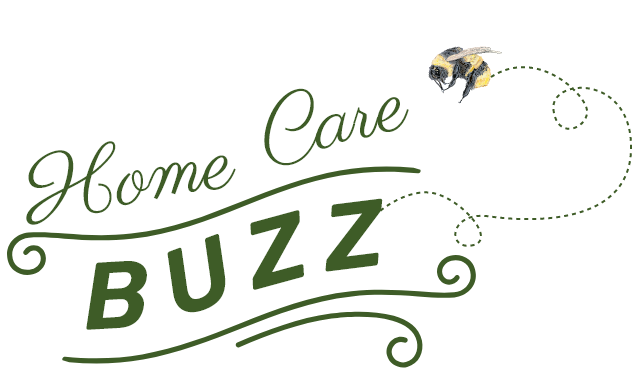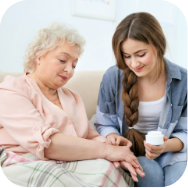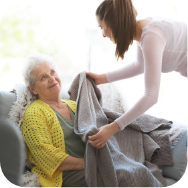Elder Abuse Awareness Day and Month: What You Need To Know

Today, June 15 is Elder Abuse Awareness Day part of the official Elder Abuse Awareness Month, spanning the entirety of June.
According to the United Nations, which designated the day, its goal is to “focus global attention on the problem of physical, emotional, and financial abuse of elders. It also seeks to understand the challenges and opportunities presented by an ageing population, and brings together senior citizens, and their caregivers, national and local government, academics, and the private sector to exchange ideas about how best to reduce incidents of violence towards elders, increase reporting of such abuse, and to develop elder friendly policies.”
Our local, national and global population is shifting to be an older majority with estimates indicating by “2050, the global population of people above the age of 60 will exceed the number of younger people” according to the UN.
Further “research has shown that elderly abuse, neglect, violence, and exploitation is one of the biggest issues facing senior citizens around the world. World Health Organization data suggests that 4 to 6 per cent of elderly suffer from some form of abuse, a large percentage of which goes unreported.”
Now more than ever with the generational shifts, its imperative that home care agencies, caregivers, spouses, family, friends, community members and health care providers recognize the signs of elder abuse.
The following are common signs of elder abuse:
- Bruising (multicolored bruising can indicate bruising over time), lacerations, punctures or welts
- Sprains, dislocations, fractures or broken bones
- Recurring or unexplained injuries especially in areas usually covered by clothing
- Poorly treated or untreated injuries
- Dehydration or malnutrition
- Depression or withdrawal
- Hesitation to talk openly
- Fearfulness of being alone with specific people
- Confusing or contradictory statements or accounts of injuries
- Unexplained agitation
- Denial of injuries
- Financial situation changing for the worse or drastic and sudden financial decisions
If you suspect someone you know is a victim of elder abuse, or if you yourself have been a vicitim, call 911 or the National Domestic Violence Hotline at 1−800−799−7233 or TTY 1−800−787−3224.
If you are a California resident, you can also visit the California Partnership to End Domestic Violence website at http://www.cpedv.org or the State of California Bureau of Medi-Cal Fraud and Elder Abuse website at https://oag.ca.gov/bmfea for more help and resources.

























